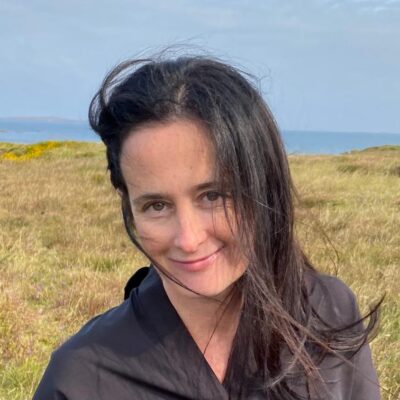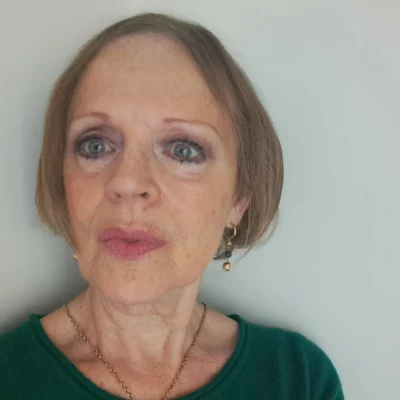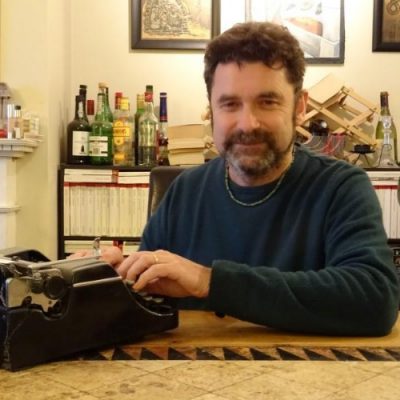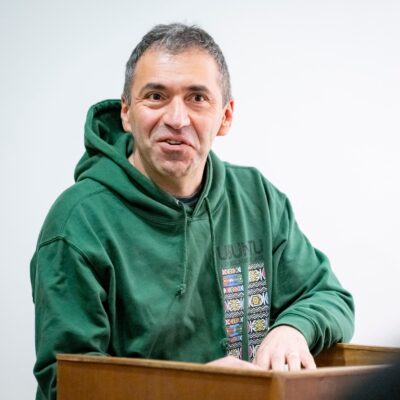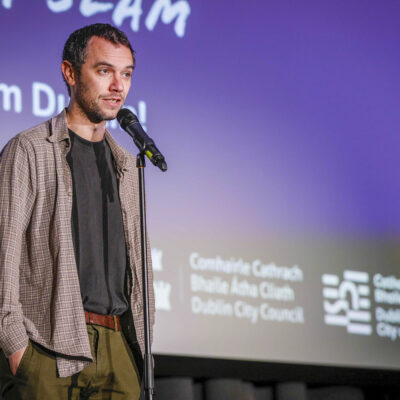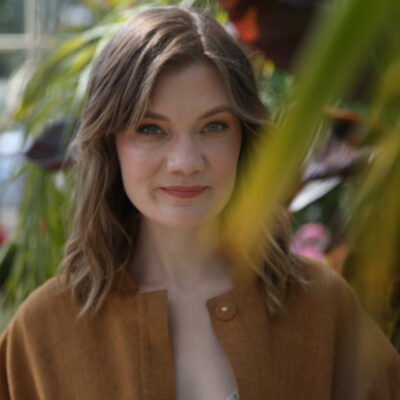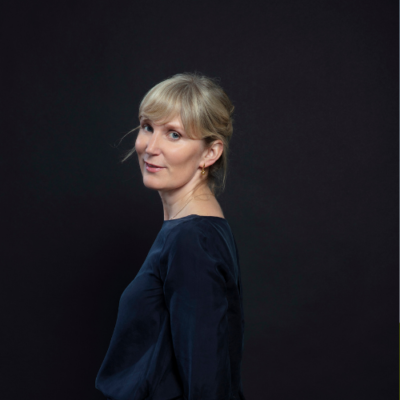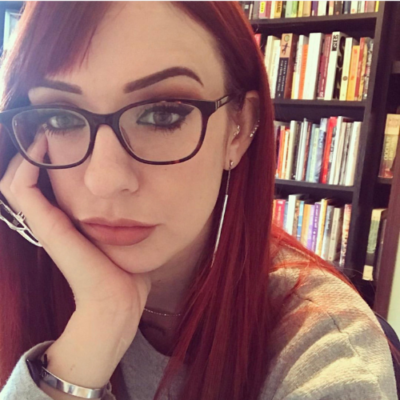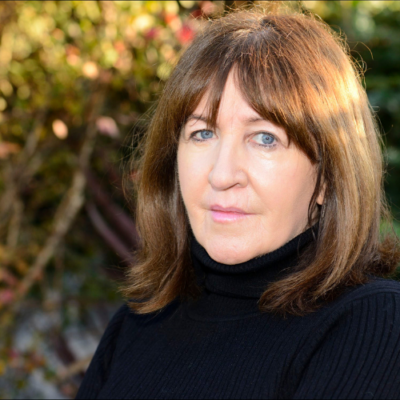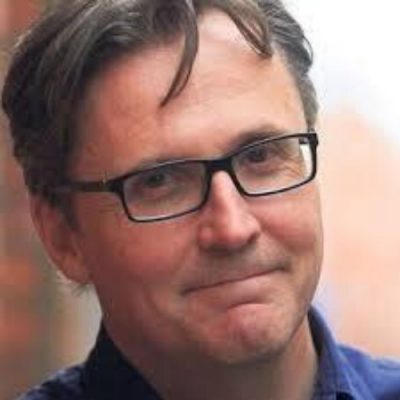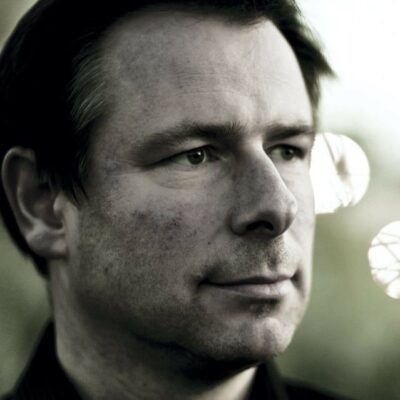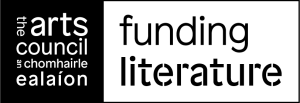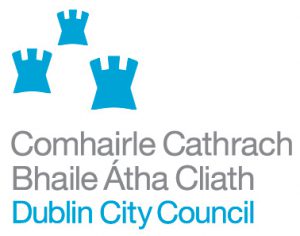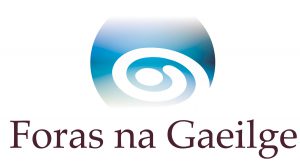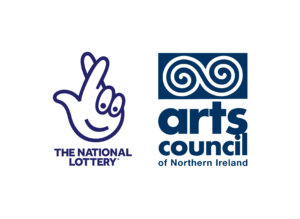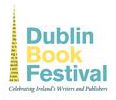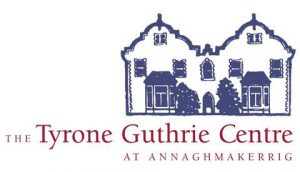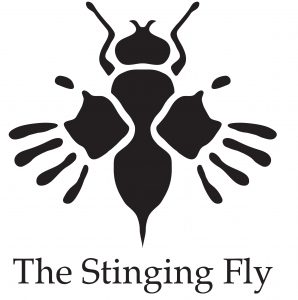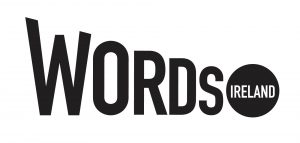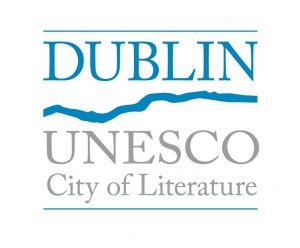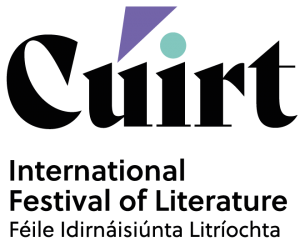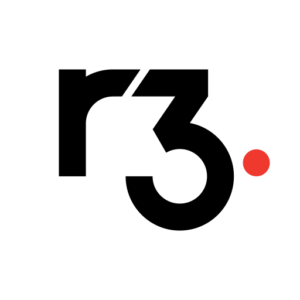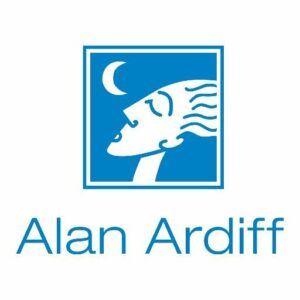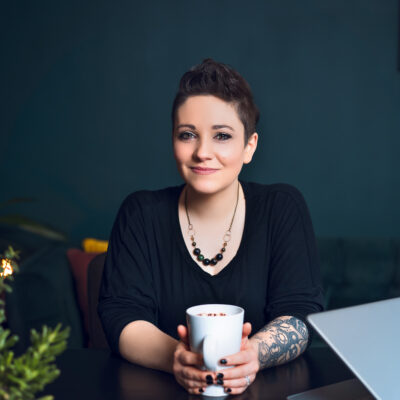
The Art of Self-Editing: Editing Your First Draft with Geraldine Walsh
Info
Date: March 4, 2025
Time: 6.30 pm - 8.30 pm
Duration: 6 weeks
Level: Beginner |
Cost: €190 (€171 Members)
This course will take place online on Tuesdays (six sessions in total).
Course Summary:
There is no one-size-fits-all when it comes to writing, let alone editing your manuscript. This course will give you the tools and guidance to spot where edits are needed, how to rework elements of your narrative, and grow your editing eye. This course navigates both fiction and non-fiction, covering varying stages of the editing process. Insight, tools, and guidance will ensure that the next time participants look at their manuscript, they will feel confident in their editing skills to pull their writing apart and rewrite.
Participants will be given suggested reading material and exercises in class to develop their editing eye. It is suggested that course participants have a project in mind to edit. This could be anything from a short story to a novel or non-fiction manuscript.
Course Outline:
Week 1 – Understanding Your Editing Goals
Editing can be quite overwhelming and complicated. Chances are, even if you’re on your first, second, or third draft, your manuscript will still require work. But it can also be one of the most empowering aspects of being a writer. In our first week, we will look at the purpose of editing, talk about your own personal editing goals, and discuss how to avoid the overwhelming feelings that editing can bring on.
Week 2 – Training Your Brain
As authors, we can get very close to our manuscript, too close sometimes, so close in fact we are unable to spot the problems. In our second week, we will work on gaining distance from your work and shifting into an editor’s perspective to rework a second draft with appropriate skills. We will look at how to move into different editing roles, know when and where to edit, not being afraid to challenge your writing, and how to develop your own style of editing.
Week 3 – The Story Edit
In week three, we will look at scanning your manuscript for troublesome writing habits and identifying problems with your structure. This will include examining the strengths and weaknesses of your manuscript in relation to your target audience, focusing in particular on story, theme and voice.
Week three looks at examining the manuscript for troublesome writing habits on a large scale which permit fatal errors in structure. This includes examining the strengths and weaknesses of the manuscript relevant to engaging the target audience with a focus on story, theme, and voice to ensure a balance in the narrative.
Week 4 – The Line Edit
In week four, we look at the part of the editing process that seeks to make the writing consistent, smooth, and compelling so the reader moves effortlessly through the story or narrative. We will analyse the creative content, writing style, and language used at the sentence and paragraph level of the manuscript. The purpose is not to search the manuscript for errors but to focus on how the author uses language and words to communicate their ideas, searching for tone, writing style, atmosphere, and emotion.
Week 5 – The Copy Edit
In week five, we get technical. This week we will look at the process of editing that addresses flaws on a very technical level. This edit is designed to correct the mechanics, grammar, spelling, and punctuation errors. This process will also flag ambiguous or factually incorrect statements. It will highlight any discrepancies within the manuscript.
Week 6 – Grow Your Editing Eye
In our final week, we will look at the editing concerns of all participants while focusing on and creating an editor’s mindset. We will look at how to build a list of editing issues, choose what to edit, applying edits, avoiding the editing treadmill with infinite rewrites, and knowing when you are done.
Course Outcomes:
By the end of the course, participants will understand the different stages of editing, how to train their editing eye to avoid the overwhelm of the edit, grow their own style of editing, spot problems before they occur, and finally, fluidly edit their first draft with clear ideas on how to strengthen the foundations of their story or narrative while also understanding their writing from a sentence structure perspective. The key element of this course is to give writers the confidence to make changes to a manuscript they are close to and perhaps reluctant to change.
Geraldine Walsh is an award-winning writer, journalist, and author. She is a frequent contributor to The Irish Times on a range of topics in the women’s health, mental well-being, and parenting spaces and was twice shortlisted for the Headline Mental Health Media Awards. Her debut non-fiction, Unraveling Motherhood (Hatherleigh Press, 2023), is part memoir and considers motherhood as a tightly woven knot of physical, mental, emotional, and social changes and then seeks to unravel that knot. Geraldine is also a freelance editor and writing mentor. Geraldine’s fiction and poetry has appeared in Boyne Berries, Toasted Cheese, Agenda, Dublin Quarterly, and was highly commended in the Fish Anthology, Ten Pint Ted.

